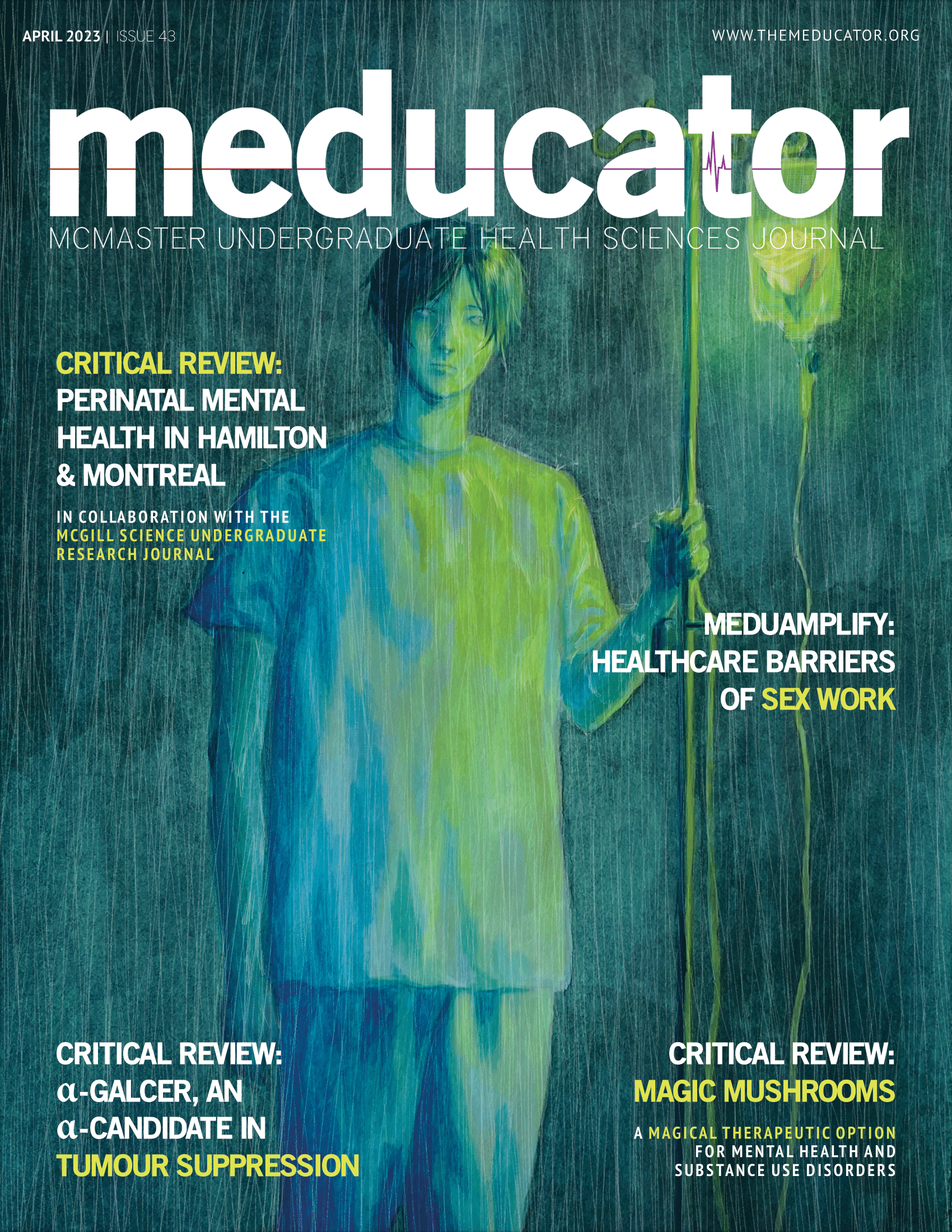Magic Mushrooms
DOI:
https://doi.org/10.15173/m.v1i43.3480Abstract
Psilocybin is a naturally occurring compound present in numerous mushroom species characterised by its hallucinogenic and psychedelic effects. Although it has a negative reputation, psilocybin has demonstrated therapeutic potential for treating mental health disorders by allowing the brain to make new neural connections which help the neural pathways adapt and break out of certain cognitive patterns related to mental illness. In recent studies, psilocybin has shown antidepressant effects, significantly reducing depressive and anxious symptoms in affected individuals. After single or low dosage, mood disorder symptoms remained in remission for 6 to 12 months. In contrast, conventional antidepressants often require multiple doses over long treatment periods to achieve similar effects. Other findings have shown that therapeutic use of psilocybin helps combat substance abuse and addictive disorders and can be applied as a cessation tool. Despite years of controversy surrounding the benefits of psilocybin, recent scientific evidence supports psilocybin’s immense potential in helping those with mental health disorders like Major Depressive Disorder (MDD), Generalised Anxiety Disorder (GAD), Post Traumatic Stress Disorder (PTSD), Obsessive-Compulsive Disorder (OCD), and addiction disorders. With such promising results, psilocybin could be incorporated into clinical use and its therapeutic effects should continue being researched.


